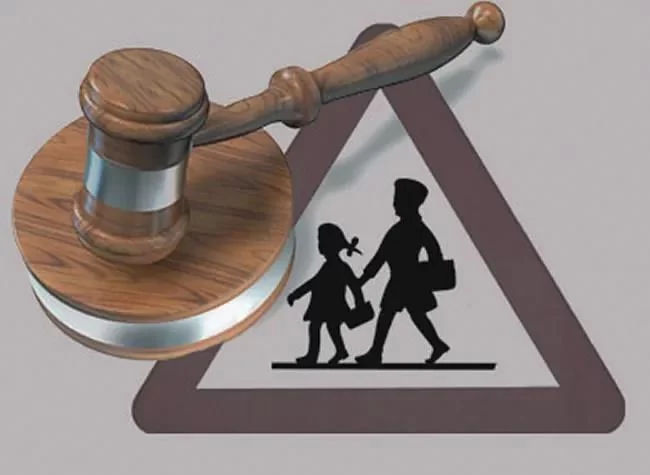- Role of Guardianship Law in Family Protection
- Understanding Adoption Law and Its Process
- Real-Life Examples of Guardianship and Adoption
- Expert Advice and Where to Seek Help
Role of Guardianship Law in Family Protection
Guardianship law plays a vital role in protecting the interests and well-being of individuals who cannot care for themselves, particularly minors and vulnerable adults. This branch of law ensures that a responsible party, known as a guardian, is legally appointed to manage the personal and financial affairs of those unable to do so independently.
The legal concept of guardianship revolves around responsibility and care. Courts carefully assess the suitability of potential guardians to safeguard the rights and safety of the ward. Guardians may be family members, close friends, or appointed professionals, depending on the situation.
1. Types of Guardianship
Guardianship can be broadly categorized into two main types: guardianship of the person and guardianship of the estate. The former involves decisions about health, education, and living arrangements, while the latter focuses on managing financial matters and property. Understanding these distinctions is crucial when navigating guardianship law.
2. Legal Criteria and Court Involvement
To establish guardianship, courts examine evidence about the ward’s needs and the guardian’s capability. The process requires a formal petition and sometimes hearings to ensure the appointment serves the ward’s best interests. Guardianship is not taken lightly; it’s a legal responsibility with significant oversight to prevent abuse.
Understanding Adoption Law and Its Process
Adoption law governs the legal process through which an individual or couple becomes the legal parent(s) of a child who is not biologically their own. This law ensures that the child’s rights are protected and that the adoptive family is legally recognized, granting them all parental rights and responsibilities.
1. The Legal Steps of Adoption
The adoption process involves multiple stages: filing an adoption petition, completing home studies and background checks, obtaining consent from birth parents or guardians, and finally, court hearings to finalize the adoption. Each step is designed to ensure the child’s welfare is paramount.
2. Types of Adoption
There are several forms of adoption, including domestic, international, foster care adoption, and stepparent adoption. The applicable laws and procedures may vary, but all aim to establish a stable, permanent family environment for the child.
3. Rights and Responsibilities After Adoption
Once adoption is finalized, the adoptive parents have the same legal rights and duties as biological parents. This includes decisions about education, healthcare, and inheritance. The law also terminates the legal rights of the birth parents, ensuring clarity and security for the child and adoptive family.
Real-Life Examples of Guardianship and Adoption
Exploring real cases can shed light on the practical implications of guardianship and adoption law.
Case Example: Guardianship of a Minor After Parental Incapacity
In one scenario, a family faced tragedy when both parents became incapacitated due to illness. The court appointed a close family friend as guardian, responsible for the children’s welfare and finances. This legal arrangement allowed the children to remain in a stable environment without disruption.
Case Example: Adoption Through Foster Care
A child placed in foster care was eventually adopted by their foster parents after a thorough legal process. This case highlights how adoption law works hand-in-hand with social services to ensure children find permanent homes, with legal safeguards protecting all parties involved.
Expert Advice and Where to Seek Help
Guardianship and adoption law can be complex and emotionally charged. Having professional legal guidance is invaluable. Fred Miller Lawyer offers expert advice and support tailored to your specific circumstances, helping you understand your rights and responsibilities clearly.
Whether you are considering becoming a guardian, pursuing adoption, or dealing with legal challenges in these areas, expert counsel can simplify the process, ensuring compliance with the law and protection of everyone’s best interests.
Practical Tips
Keep detailed records of all legal documents, communicate openly with involved parties, and seek timely legal advice. Understanding the nuances of guardianship and adoption law empowers you to make informed decisions that positively impact lives.
Ultimately, knowing how guardianship and adoption laws operate helps individuals navigate these sensitive matters with confidence and compassion.


 ray nardo
ray nardo rice mcgowan law firm
rice mcgowan law firm horwitz horwitz & associates reviews
horwitz horwitz & associates reviews james b lewis attorney
james b lewis attorney oppenheim law
oppenheim law david yergey attorney orlando
david yergey attorney orlando